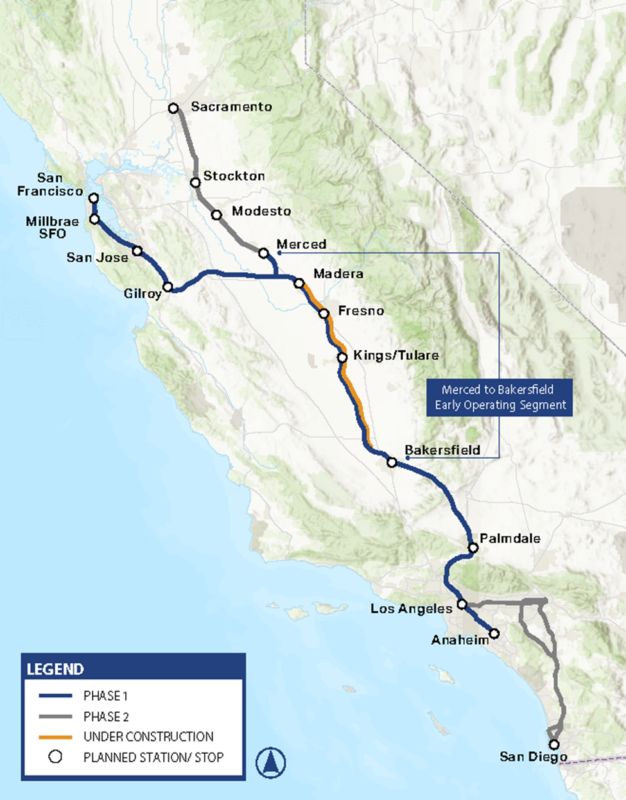Category Archive: 6b.) Mises.org
The Complexity of Historical Narratives
Understanding any era of history requires the ability to view complex things. However, people often employ simple narratives as their historical guides, which leads to wrong conclusions. The pre-war history of the American South is one that is much more complex than the narratives imply.
Read More »
Read More »
Tanenhaus and God at Buckley
The long-awaited biography of William F. Buckley Jr. is hardly worth the wait of thirty years. David Brady, Jr., reviews it, saving our readers the pain of reading themselves.
Read More »
Read More »
Tanenhaus and God at Buckley
The long-awaited biography of William F. Buckley Jr. is hardly worth the wait of thirty years. David Brady, Jr., reviews it, saving our readers the pain of reading themselves.
Read More »
Read More »
Jefferson Davis von Hayek?
While Hayek did not write directly about the American Civil War, some of his writings provide insights on the conflict.
Read More »
Read More »
Jefferson Davis von Hayek?
While Hayek did not write directly about the American Civil War, some of his writings provide insights on the conflict.
Read More »
Read More »
The Fed and our Stagnating Economy
This week we cover the Fed's latest policy meeting, the awful new jobs report, and rising debt levels
Read More »
Read More »
The Fed Says It Is “Data-Driven.” But the Data Isn’t Any Good.
What use is the Fed's supposed devotion to being "data-driven" when the data itself is unreliable and the Fed is basing its policies on data that is thoroughly wrong?
Read More »
Read More »
Mother O’ Mercy! Is This the End of the Cal Bullet Train?
It has been The Project That Will Not Die. What began as a California statewide voter referendum in 2008 to approve initial funding for a high-speed rail system between San Francisco and Los Angeles has become a financial black hole with no railroad to show for it.
Read More »
Read More »
Rothbard: The Constitution Was a <em>Coup d’État</em>
Rothbard took the American Revolution to be mainly libertarian in its inspiration, but he contends that the libertarian impulses of the Revolution were betrayed by a centralizing coup d’état.
Read More »
Read More »
MMT Is Wrong about the History of the Origins of Money
Not only are modern monetary theory (MMT) cultists dishonest about the role of money, they also are dishonest about money‘s history. By taking issue with Carl Menger‘s historical version, they expose their own ignorance of how money came about.
Read More »
Read More »
Yes, Virginia, There IS a Deep State—and It Is Worse than You Think
We like to think of the “deep state” as a conspiratorial entity. In reality, the term describes much of what the federal government does in broad daylight.
Read More »
Read More »
Lincoln’s New Deal
Abraham Lincoln is best known for his role as a wartime president, but his economic policies were a precursor to the New Deal. From railroad subsidies to a national banking system, Lincoln paved the way to the Progressive Era and beyond.
Read More »
Read More »
Christine Lagarde and the Privatization of Currency
EU Central Bank President Christine Lagarde has declared that anything that might lead to private currencies must be stopped. Yet, as F.A. Hayek noted, one way to confound central banks is through private currencies.
Read More »
Read More »
Christine Lagarde and the Privatization of Currency
EU Central Bank President Christine Lagarde has declared that anything that might lead to private currencies must be stopped. Yet, as F.A. Hayek noted, one way to confound central banks is through private currencies.
Read More »
Read More »
“Populist” Donald Trump attacks bill outlawing stock trading by politicians
President Trump attacked Rep. Josh Hawley after Hawley voted for a bill banning stock trading among lawmakers, presidents and vice presidents.
Read More »
Read More »
The Life Source Missing from Today’s Narratives
America recently celebrated Independence Day, but Americans were too quick to abandon their own individual freedoms and individual sovereignty and submit to the state.
Read More »
Read More »
The Life Source Missing from Today’s Narratives
America recently celebrated Independence Day, but Americans were too quick to abandon their own individual freedoms and individual sovereignty and submit to the state.
Read More »
Read More »
Is the US moving more nuclear weapons to the UK?
The United States likely stationed a portion of its nuclear weapons arsenal in the United Kingdom for the first time since 2008, Bloomberg reported.
Read More »
Read More »
The Fed’s Favorite Measure of Price Inflation Rises Again
So much for the Fed's predictions, back in September, that price-inflation would be at 2 percent in no time at all.
Read More »
Read More »





















